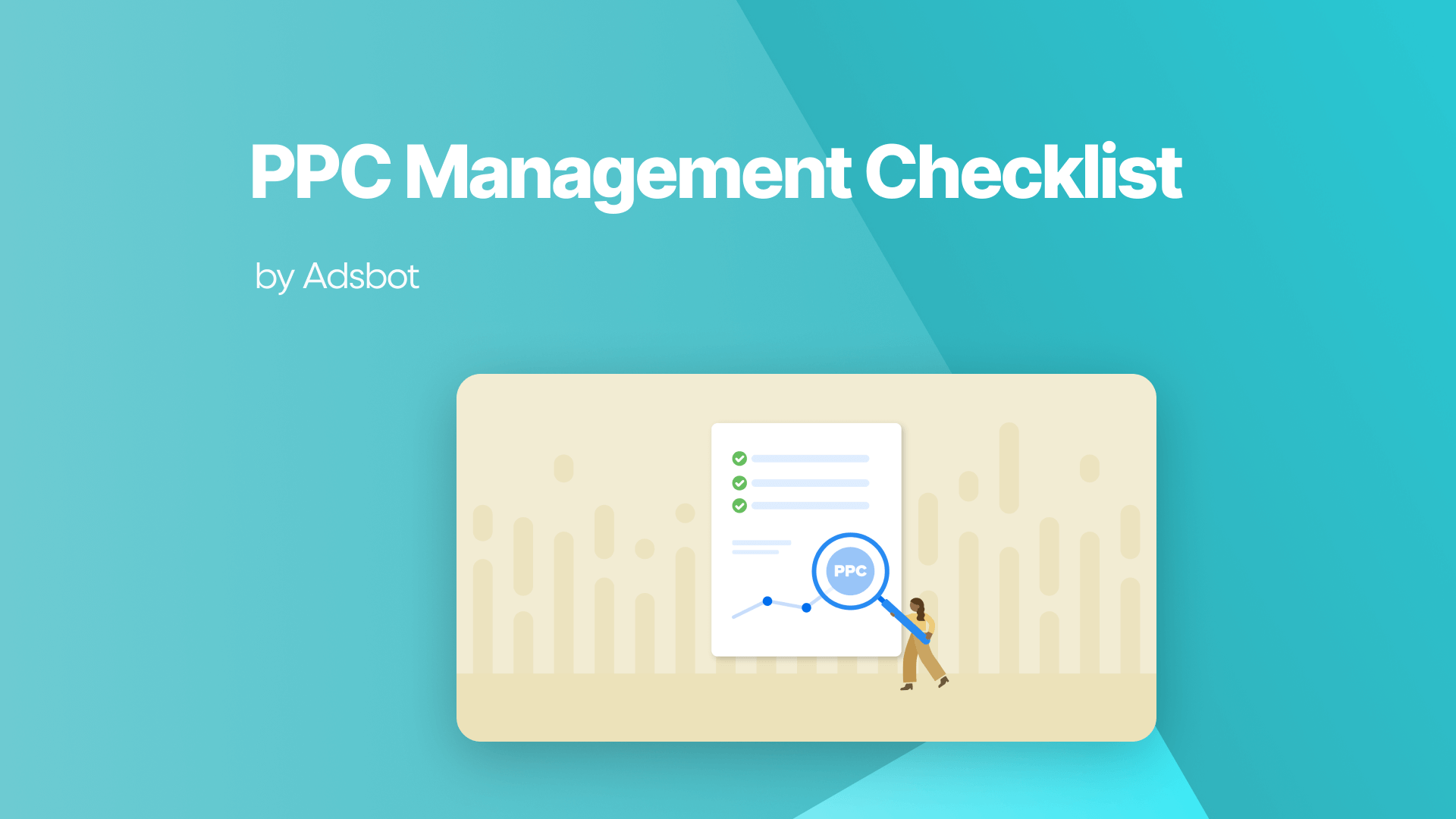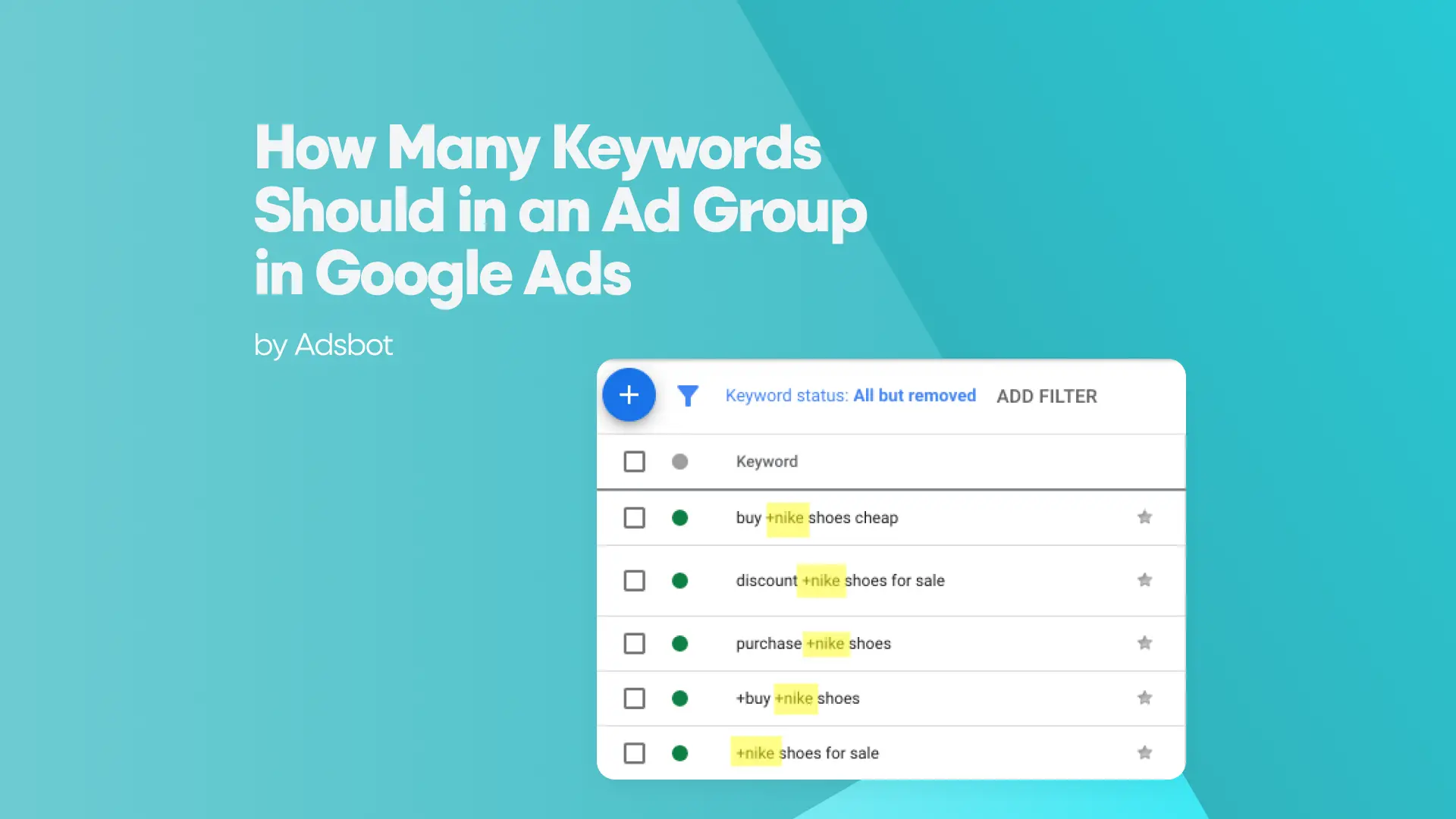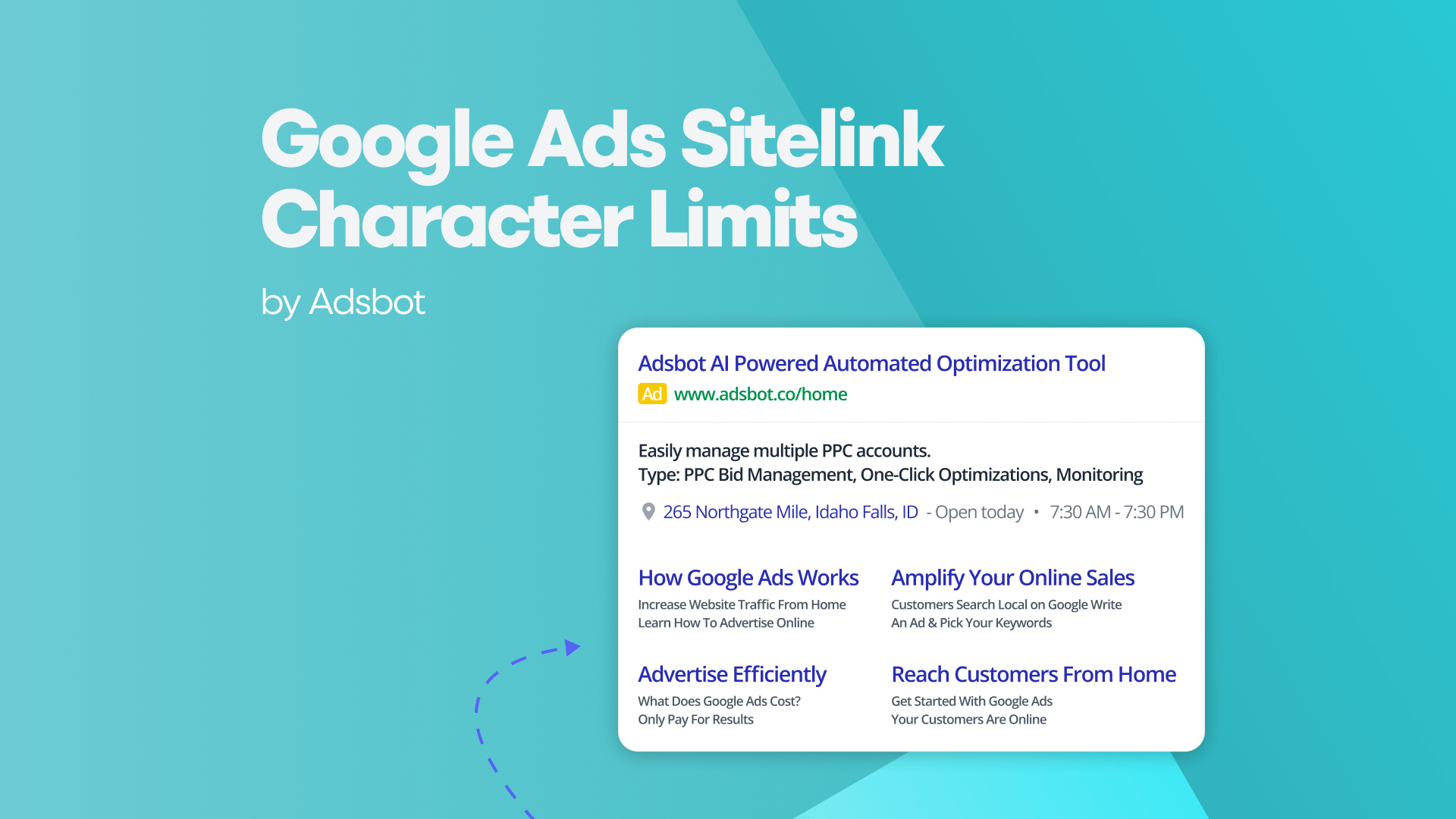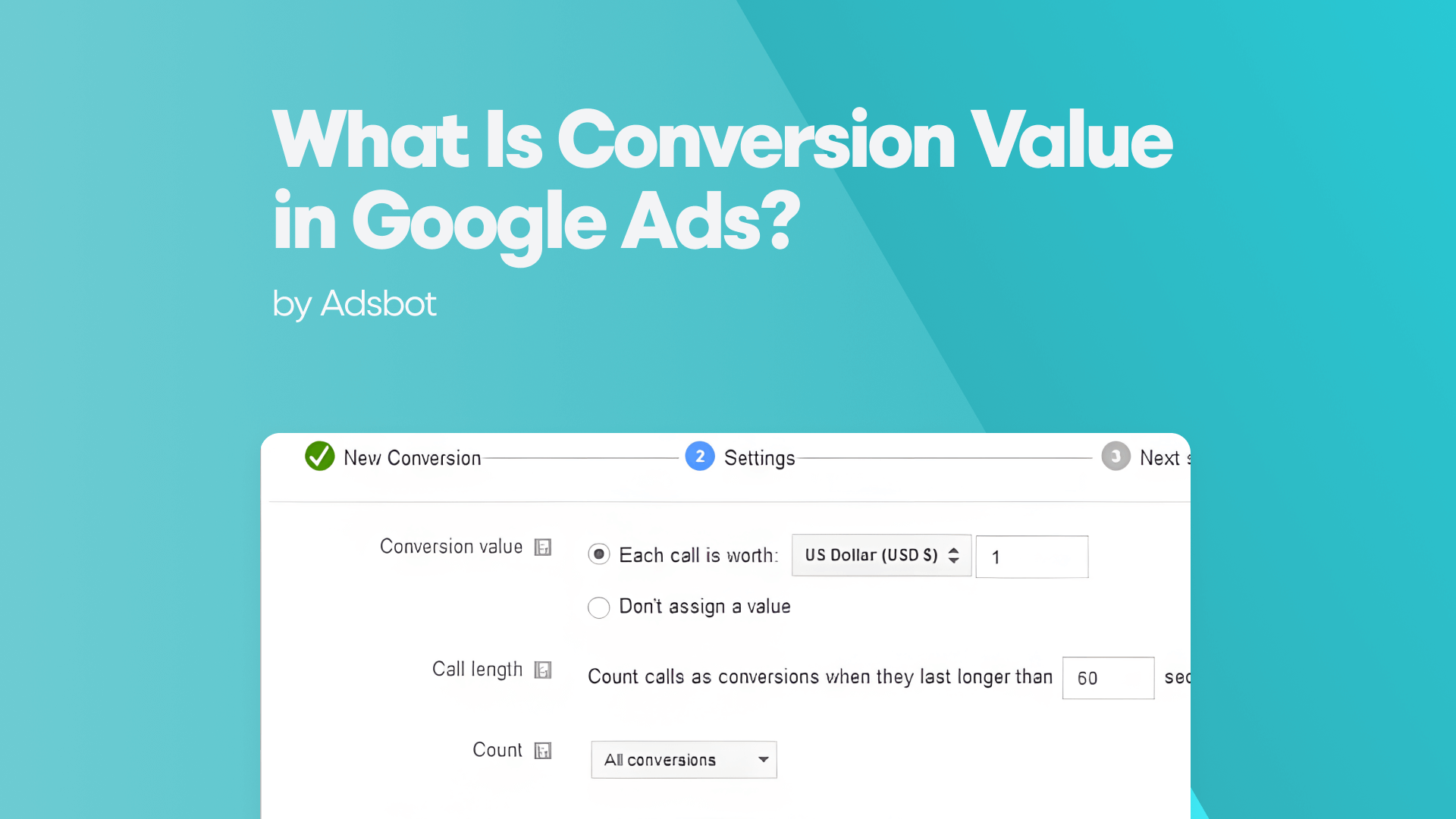In today’s digital landscape, PPC campaigns have become indispensable tools for businesses seeking to expand their online presence, attract new customers, and drive conversions. However, managing a successful PPC campaign requires more than just setting up ads and bidding on keywords. It demands careful planning, strategic execution, and continuous optimization to achieve optimal results and maximize return on investment (ROI).
In this comprehensive guide, we will delve into the essential elements of effective PPC management, providing you with a step-by-step roadmap to plan, launch, and optimize your campaigns for success. From defining campaign objectives to conducting keyword research, structuring campaigns, creating compelling ad copy, and analyzing performance metrics, we will cover everything you need to know to master the art of PPC advertising.
Whether you’re a seasoned PPC expert looking to refine your strategies or a newcomer seeking guidance on where to begin, this guide is designed to equip you with the knowledge and tools necessary to drive tangible results and elevate your digital marketing efforts to new heights. So, without further ado, let’s embark on this journey together and unlock the secrets to PPC success.
Here’s an expanded version of the PPC management checklist:
Define Campaign Objectives:
- Clearly define the goals and objectives of your PPC campaign, whether it’s to drive website traffic, generate leads, increase sales, or raise brand awareness.
- Establish key performance indicators (KPIs) to measure the success of your campaigns, such as click-through rate (CTR), conversion rate, cost-per-acquisition (CPA), and return on ad spend (ROAS).
Conduct Comprehensive Keyword Research:
- Conduct thorough keyword research using tools like Google Keyword Planner, SEMrush, or Ahrefs to identify relevant keywords and phrases.
- Consider the search volume, competition level, and relevance of keywords to your campaign objectives.
- Explore long-tail keywords and niche variations to capture specific audience segments and improve targeting.
Campaign Structure and Organization:
- Organize your PPC campaigns into well-structured ad groups based on themes, product categories, or geographic locations.
- Ensure each ad group contains tightly themed keywords and ad copy to improve ad relevance and Quality Score.
- Use ad group naming conventions that are clear and descriptive to facilitate campaign management and reporting.
Compelling Ad Copy Creation:
- Write compelling and relevant ad copy that resonates with your target audience and highlights unique selling propositions (USPs).
- Include keywords strategically in your ad copy to improve ad relevance and CTR.
- Test different variations of ad copy (e.g., headlines, descriptions, calls-to-action) to identify high-performing messaging and improve ad performance.
Landing Page Optimization:
- Create dedicated landing pages for your PPC campaigns that align with the ad messaging and offer a clear and compelling call-to-action (CTA).
- Optimize landing pages for speed, mobile responsiveness, and user experience to improve conversion rates.
- Implement conversion tracking and goal tracking to measure the effectiveness of your landing pages in driving desired actions.
Strategic Bid Management:
- Set appropriate bids for your keywords based on their performance, competition, and target ROI.
- Utilize bid management tools or automated bidding strategies (e.g., target CPA, target ROAS) to optimize bids and maximize campaign performance.
- Monitor bid adjustments and bidding strategies regularly to ensure they align with campaign objectives and budget constraints.
Utilize Ad Extensions:
- Take advantage of ad extensions (such as sitelinks, callouts, and structured snippets) to provide additional information and enhance ad visibility.
- Experiment with different ad extensions to determine which ones resonate best with your audience and improve ad performance.
Implement Negative Keywords:
- Identify and add negative keywords to your campaigns to prevent your ads from appearing for irrelevant searches and reduce wasted ad spend.
- Regularly review search terms reports to identify new negative keywords and refine targeting to improve campaign efficiency.
Optimize Ad Scheduling and Budget Management:
- Schedule ads to display during peak times when your target audience is most active and likely to engage.
- Monitor campaign budgets regularly and adjust as needed to ensure optimal allocation of resources and prevent overspending.
- Use ad scheduling and bid adjustments to capitalize on high-converting times and days of the week.
Continuous Performance Monitoring and Optimization:
- Monitor key performance metrics such as CTR, conversion rate, CPA, and ROAS regularly to track campaign performance and identify areas for improvement.
- Conduct A/B testing of ad copy, landing pages, and targeting settings to optimize campaign performance and maximize ROI.
- Implement ongoing optimization strategies such as keyword expansion, ad copy refinement, and bid adjustments to improve campaign effectiveness over time.
Ad Compliance and Quality Assurance:
- Ensure that your ads comply with the policies and guidelines of the advertising platforms (e.g., Google Ads, Microsoft Advertising) to avoid disapprovals and account suspensions.
- Regularly review ad content, landing pages, and ad extensions to maintain quality and relevance and enhance user experience.
Comprehensive Reporting and Analysis:
- Generate regular reports to track campaign performance and provide insights to stakeholders.
- Analyze campaign data to identify trends, patterns, and opportunities for optimization.
- Use data-driven insights to inform strategic decisions and drive continuous improvement in your PPC campaigns.
As we draw to a close on our exploration of PPC management, it’s evident that effective campaign management requires a combination of strategic planning, continuous optimization, and data-driven decision-making. Incorporating PPC monitoring into your routine is crucial for assessing the performance of your campaigns in real-time. By adhering to the principles outlined in this guide – from setting clear objectives and conducting thorough keyword research to crafting compelling ad copy, optimizing landing pages, and analyzing performance metrics – you can position your PPC campaigns for success and drive meaningful results for your business
It’s essential to recognize that PPC advertising is a dynamic and ever-evolving landscape, and success often hinges on adaptability and agility. Continuously monitor campaign performance, experiment with new strategies, and embrace innovation to stay ahead of the curve and maintain a competitive edge in the digital marketplace.
Moreover, remember that PPC management is not a one-time endeavor but an ongoing process of refinement and optimization. Regularly review campaign data, identify areas for improvement, and implement iterative changes to enhance performance and maximize return on investment.
By leveraging the insights and strategies outlined in this guide, you have the tools and knowledge to navigate the complexities of PPC advertising with confidence and precision. Whether you’re aiming to increase website traffic, generate leads, or drive sales, mastering the art of PPC management will enable you to achieve your marketing objectives and propel your business towards long-term success in the digital realm.
Popular Posts
-
How Many Keywords Should Be In an Ad Group in Google Ads?
Ever wondered if your Google Ads campaigns are packed with…
Read more -
Google Ads Script for Dummies: An Introduction
Imagine you have an e-commerce website that sells licensed superhero…
Read more -
Google Ads Sitelink Character Limits
Your Google Ads are cutting off in the middle of…
Read more -
What Is Conversion Value in Google Ads?
What if you could put a price tag on every…
Read more
Register for our Free 14-day Trial now!
No credit card required, cancel anytime.





